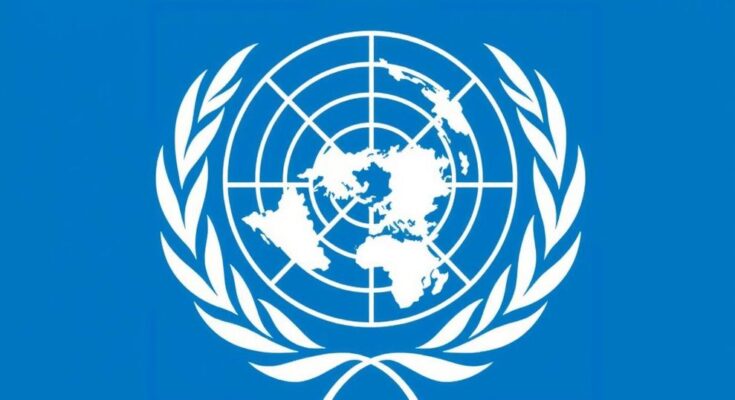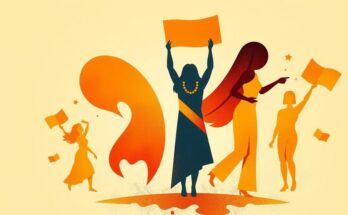On November 13, Nicaragua presented its human rights status at the UN, showing a stark divide between its positive claims and the grim reality of state violence, suppression of dissent, and repression faced by civil society amidst ongoing human rights violations.
On November 13, Nicaragua faced the United Nations Human Rights Council in Geneva to discuss its adherence to human rights commitments over the past five years, part of the Universal Periodic Review process. Since its last report in May 2019, the Nicaraguan government has been under scrutiny for its violent crackdown on largely peaceful protests, resulting in over 350 lives lost and the exile of tens of thousands, including political activists and journalists. Contradicting the grave reports from human rights organizations like Amnesty International and the Coalition Nicaragua Lucha, the government’s report painted an optimistic image, claiming civil society operates freely under national laws. It emphasized a commitment to fostering human rights anchored on “Christianity, socialism, and solidarity,” a message steeped in irony given the escalating repression many dissenting voices have faced. Meanwhile, civil society narratives reveal a starkly different reality. Among the challenges detailed are the misuse of laws against public order and national security to stifle dissent, persecute artists, and imprison those who dare to express themselves. Moreover, harassment and labelling of dissidents as “traitors” has led to a climate of fear where even the act of creating art can result in arrest. The introduction of the Foreign Agents Regulation Law further quells dissent, forcing individuals receiving foreign assistance to register as foreign agents and to shun political spheres. Cultural expression suffers as the government’s unlawful closure of cultural organizations extinguishes the vibrant artistic landscape. Amidst this despair, organizations like Freemuse and Cartel Urbano acknowledge the alarming response from many UN member states during the UPR session, highlighting the suppression of artistic freedoms intertwined with broader human rights violations. As Nicaragua stands before the global community, the stark contrast between the state’s claims and the lived realities of its people becomes irresistibly clear, painting a haunting portrait of repression. The accumulating reports detailing Nicaragua’s crisis can be found on the UN Human Rights Council website, a silent testimony to the ongoing struggle for justice and freedoms stifled under a regime that claims to protect its citizens while actions tell a different story.
The backdrop to Nicaragua’s human rights situation is marked by unrest that began with protests in April 2018 against proposed reforms to social security, leading to fatal clashes with government forces. Over time, the Ortega-Murillo government has intensified its control, implementing laws that repress dissent and undermine civil liberties. Despite a plethora of evidence showcasing state-sponsored violence, and human rights violations, the government maintains a façade of legitimacy and commitment to human rights which is now being scrutinized on the international stage.
Nicaragua’s presentation at the UN Human Rights Council reveals a chasm between government narratives and the stark reality of human rights abuses reported by numerous organizations. While the state touts progress and a commitment to rights rooted in nationalism and solidarity, the pending question of true liberty resonates louder than ever. The plight of artists, journalists, and dissenters underscores an urgent need for global awareness and action against systematic oppression that has engulfed the nation.
Original Source: www.freemuse.org



